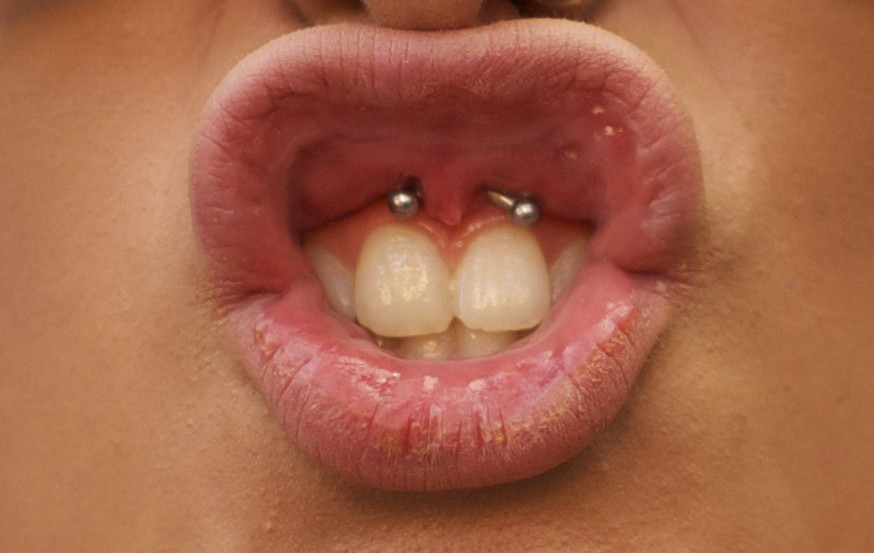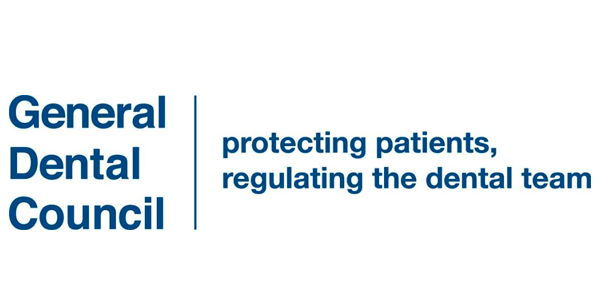Piercings for many are an essential part of their appearance and identity, but if you have them you may not be aware of their hidden dangers they pose when it comes to your oral health, that’s according to the Oral Health Foundation.
The health charity is urging people to come to grips with the risks that piercings can cause having uncovered their massive popularity in the UK.
According to the organisation’s research, tongue piercings are the most popular form of piercings with over 40% of respondents opting for them. Over a third of people have lip piercings, whilst the popularity of gum and cheek piercings are also on the rise.
The piercings poll also revealed that 13% of respondents had more than one piercing.
In the wake of the study, the Oral Health Foundation has asked that anyone who is considering, or has piercings should understand what piercings mean for their oral health and has provided some advice and guidance on how to avoid health problems in the future.
Here are some top tips to keep your mouth and gums healthy…
Avoid fiddling or playing with your piercings and don’t allow them to come into contact with your teeth, especially when you’re eating or speaking. This can result in the wearing of the teeth and could mean you will be prone to future extensive dental treatment.
Are you regularly involved in sporting activity? Make sure you remove all piercings before you take part in sports to dramatically reduce trauma to the mouth and face.
Make sure you regularly visit your dentist and stick to your schedule you have with them. A dentist will help you keep your oral health in check and will help identify any potential problems before they’re allowed to develop.
Reacting to the new study, Ewan Bramley of Ewan Bramley Dental Care, a Newcastle dentist, specialising in general dentistry, invisible braces, dental implants and more, said:
“Piercings are of course a fashion lead form of expressing ourselves but it’s clear that many don’t understand the risks that they pose to our dental and oral health. If people don’t get on top of these risks they can cause significant short and long-term problems.
“We’ve seen here at the practice how oral piercings can cause cracked or chipped teeth born from habits or sporting activities.
“People need to remember that our mouths contain lots of bacteria and are a great place for infections to occur. When people get a piercing for the first time, for example, open wounds need special attention to prevent infection.
“Furthermore, if a piercing is done improperly, it can lead to blood loss, excessive swelling, numbness in the tongue and can increase our chances of Hepatitis B and HIV. So it’s important you also use the professionals and visit your dentist regularly.”






